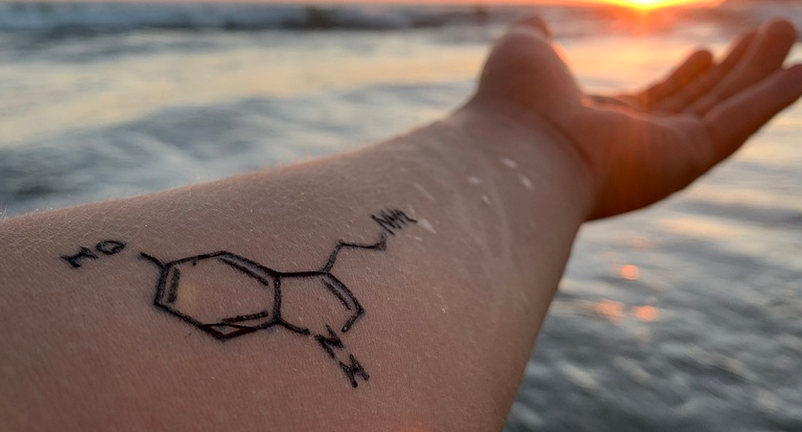The Importance of Ear Cleaning
Maintaining good hygiene is essential to prevent various health issues, and ear cleaning is no exception. Our ears produce earwax, which is a natural substance that protects the ear canal from bacteria and other harmful particles. However, excessive earwax buildup can cause hearing problems, dizziness, and even infections. Therefore, cleaning your ears regularly is crucial to avoid such complications.
Hydrogen Peroxide for Ear Cleaning
Hydrogen peroxide is a common household item that can be used for ear cleaning. It is a mild antiseptic that can help remove excess earwax and prevent ear infections. To use hydrogen peroxide for ear cleaning, mix equal parts of water and 3% hydrogen peroxide solution. Tilt your head to one side and use a dropper to put a few drops of the mixture into your ear canal. Keep your head tilted for a few minutes to allow the solution to soften the earwax. Then, tilt your head to the other side to let the solution drain out of your ear. Clean the outer ear with a cotton swab to remove any remaining earwax.
Precautions:
– Do not use hydrogen peroxide if you have a perforated eardrum or any other ear infection. – Always use diluted hydrogen peroxide solution as it can cause irritation or damage to the ear canal if used undiluted. – Do not use cotton swabs or any other sharp object to clean your ear canal as it can push the earwax deeper and cause damage.
Sodium Bicarbonate for Ear Cleaning
Sodium bicarbonate, also known as baking soda, is another household item that can be used for ear cleaning. It is a natural antiseptic that can help dissolve earwax and prevent infections. To use sodium bicarbonate for ear cleaning, mix a teaspoon of baking soda in a cup of warm water. Tilt your head to one side and use a dropper to put a few drops of the solution into your ear canal. Keep your head tilted for a few minutes to allow the solution to soften the earwax. Then, tilt your head to the other side to let the solution drain out of your ear. Clean the outer ear with a cotton swab to remove any remaining earwax.
Precautions:
– Do not use sodium bicarbonate if you have a perforated eardrum or any other ear infection. – Always use warm water to dissolve the baking soda as hot water can damage the ear canal. – Do not use too much baking soda as it can cause irritation or dryness in the ear canal.
Conclusion
Both hydrogen peroxide and sodium bicarbonate are effective and safe for ear cleaning when used properly. However, it is important to follow the precautions and consult a doctor if you have any doubts or concerns about your ear health. Regular ear cleaning can help maintain good ear hygiene and prevent various ear problems. So, choose the method that suits you best and keep your ears healthy and clean!

